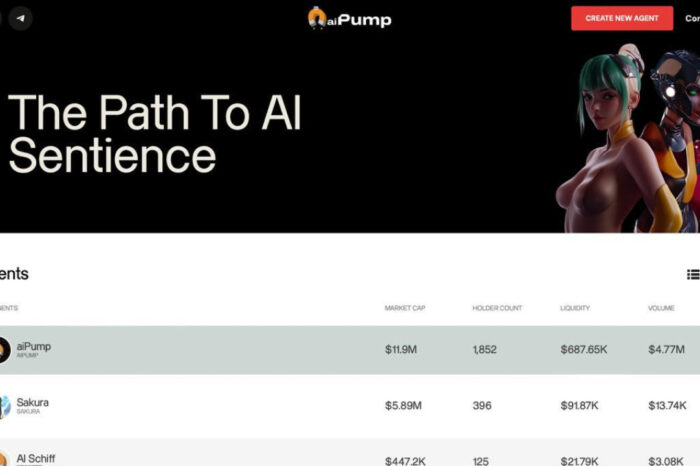Digital Actors – Hollywood’s Scourge or a Vast Untapped Opportunity?

The rapid development of generative AI creates a buzz of excitement for tech enthusiasts, but on the flip side, many are concerned about the impact on industries where AI could be used to replace real humans in jobs. Filmmaking and entertainment are sectors where there has been a huge backlash against the use of AI, with several high-profile actors using their sizable platforms to speak about the risks to copyrights, personal data, and creative integrity. Are the fears justified, or can AI-generated digital humans, pioneered by firms such as Antix, be used in a way that actively enhances the careers and livelihoods of established screen stars?
Hollywood Gets Heated
The startling pace at which generative AI’s capabilities have progressed over recent years has left the entertainment industry in a state of panic. In 2023, industry publication Variety published a piece headlining the “existential threat” of AI and questioning whether it might “ruin Hollywood.”
Hollywood heavyweights including Tom Hanks and Keanu Reeves have expressed concerns about AI, while in 2024, Scarlett Johansson publicly clashed with OpenAI over what she claimed was an AI-generated voice that was “eerily similar” to her own.
AI was also a core issue dividing studio bosses and Hollywood unions during the 2023 writers and actors strikes, the longest in the history of SAG-AFTRA, the American Screen Actors Guild. The use of generative AI in creating so-called “digital replicas” eventually became one of the final issues to be resolved in the strike after an agreement was reached with the Alliance of Motion Picture and Television Producers (AMPTP) that requires actors’ consent for each instance where a replica is used.
The SAG-AFTRA agreement goes to the heart of actors’ concerns about the use of AI – that their likeness can simply be replicated infinitely, thereby devaluing their work and their public brand. However, the nature of the agreement demonstrates that with appropriate oversight, controls, and compensation, AI can be incorporated into on-screen works without compromising an actor’s career.
Switching the Story
So, if AI on screen is a feasible reality that doesn’t cause career damage, how could actors use it to their own advantage? With the ability to opt in and monetize each and every instance of their digital replica being used, an actor could substantially expand their reach and potentially even enhance their brand. An actor could approve a script and have their digital twin act the part, even using their own voice in foreign language translations to preserve their entire likeness and remove the need for dubbing. Or, they could use their digital twin for non-acting work such as brand sponsorships or social media interaction, reserving more time for purely creative endeavors. Even actors with lower profiles could benefit from having a digital twin to participate in screen tests and auditions, increasing the number in which they can participate and, therefore their chances of landing a part.
Along with language skills, AI digital twins can also bestow actors with skills and capabilities so that they don’t need to learn them in real life. Emma Watson and Zac Efron are among those actors who have spent months in equestrian lessons in order to convey convincing horsemanship on screen, but an AI digital twin could be saddled up and off at a gallop within a fraction of the time and without the risk of injury or additional insurance costs. Horse riding is just one example – actors could get creative with all kinds of on-screen skills.
Authentically real
Of course, authenticity will be critical for AI digital actors. Any on-screen portrayal will need to be a true photorealistic likeness of the actor and be able to interact in a believable way with the appropriate emotional responses. Many platforms now offer avatar creation capabilities of varying quality, but one that stands out from the pack is Antix. It enables the creation of hyper-realistic, intelligent digital humans that can be deployed in a wide array of use cases, including as actors. Advanced machine learning and natural language processing are used, creating a human-like onscreen avatar that can provide a convincingly real portrayal akin to a human actor.
With Antix, the actor has full creative control over the digital replica they create, with the ability to customize behaviors, emotional tone, facial expressions, and voice. The digital human is generated as an on-chain NFT, meaning it’s probably unique and benefits from on-chain security to prevent replication and copyright theft.
The entertainment industry’s response to AI has been justified, given the career and reputational risks involved if digital replicas can be created and circulated unchecked. However, with the right controls in place to ensure that actors can consent and be appropriately compensated, the stage is set for a new era of AI on screen. Thanks to platforms such as Antix, rather than a drawback, AI can open up unprecedented opportunities for actors to level up their output, expand their profile reach, and create new sources of revenue.




